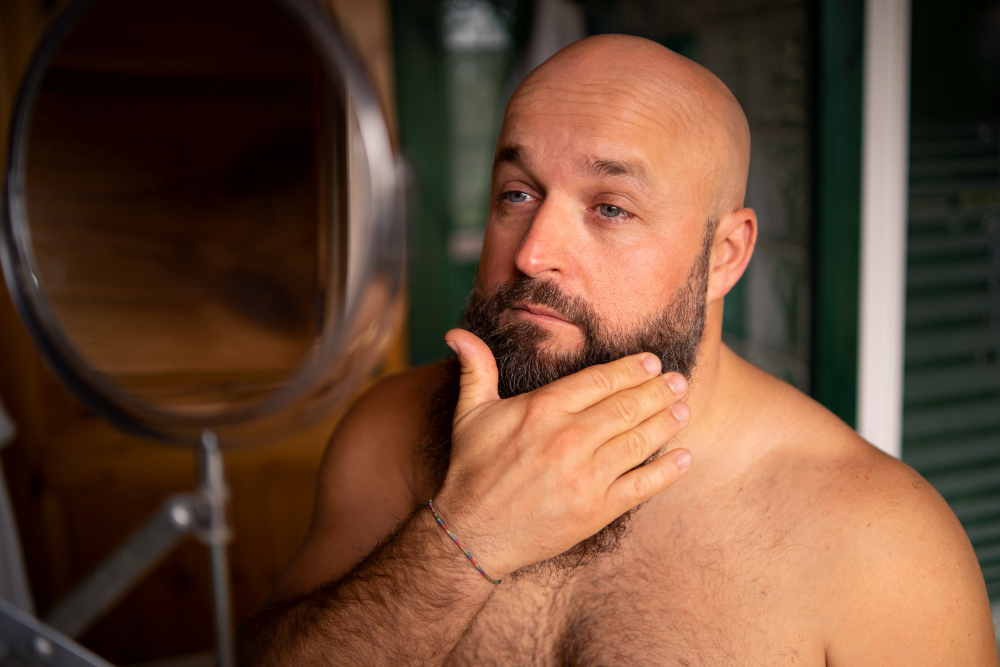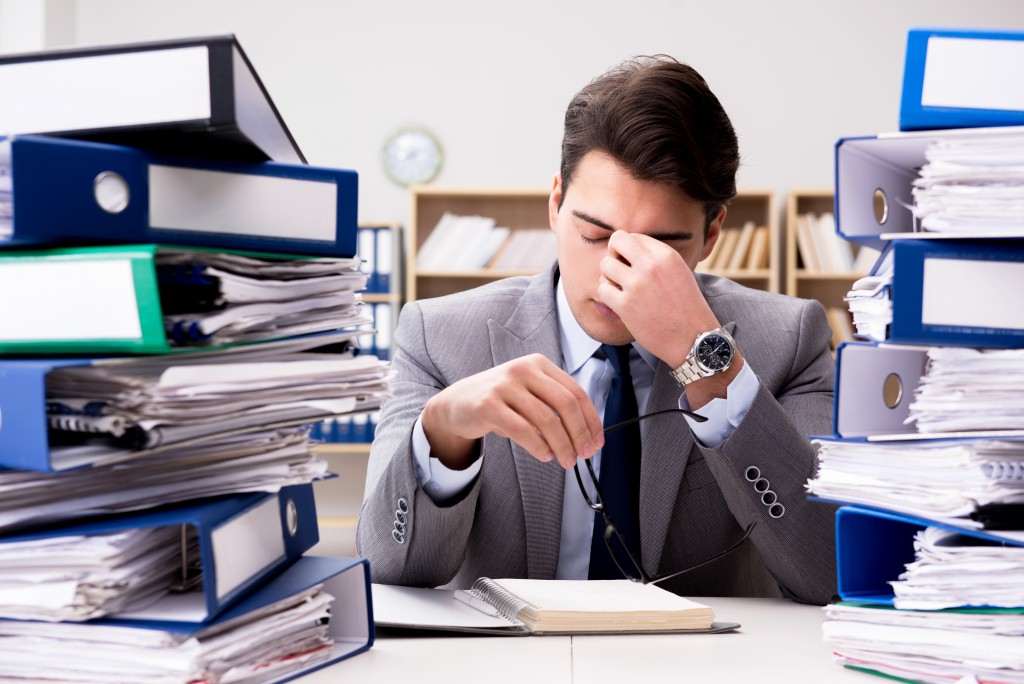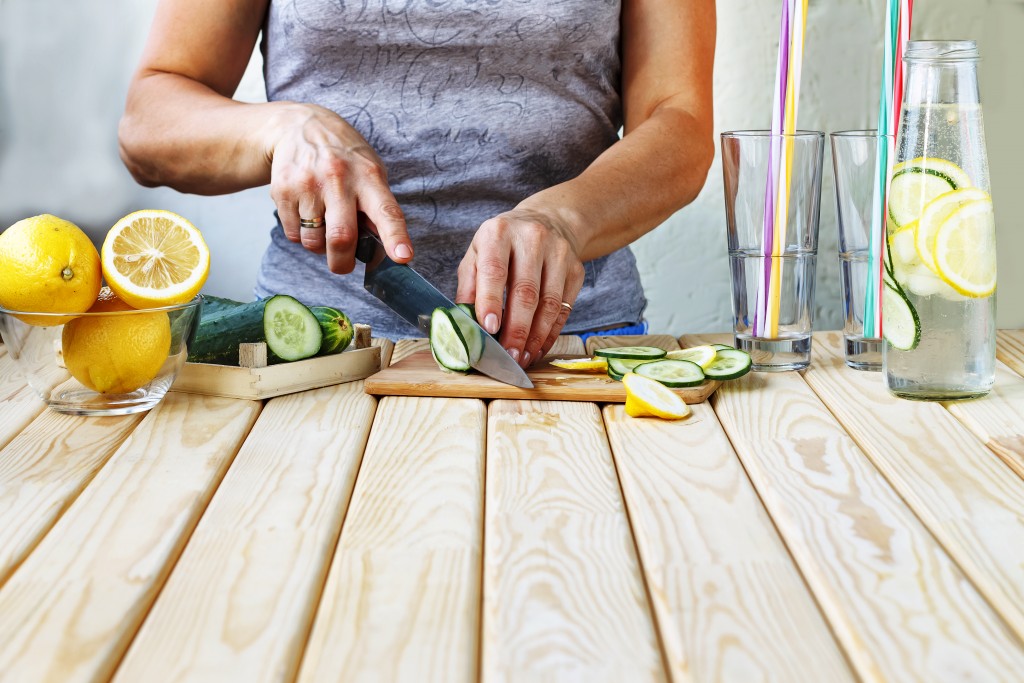Baldness doesn’t equate to a low-maintenance scalp. Most think not having hair negates the need for hair care products like shampoos. But is this assumption valid? Does baldness give you a pass from the shampoo aisle?
Let’s delve into scalp care, addressing the often debated question: Should you use shampoo if you’re bald? In the following sections, we will explore the factors that contribute to scalp health and uncover whether shampoo should still be part of your routine, even if your hair is not.
- What are the Different Types of Baldness?
- What Does Shampoo Do for the Scalp?
- Should You Use Shampoo If You Are Bald?
- Why Do Bald People Need to Use Shampoo?
- How Often Should I Shampoo My Bald Head?
- What Kind of Shampoo Do Bald People Use?
- Do Bald People Get Dandruff?
- Do Bald People Need a Conditioner?
- Other Ways Bald People Care for Their Scalps
- Weekly Scalp Exfoliation
- Conclusion
- FAQs
What are the Different Types of Baldness?
Baldness, or alopecia, manifests in several forms, each with unique characteristics and causes. Here, we explore the various types of baldness.
Male Pattern
Male pattern baldness, also known as Androgenic Alopecia, is the most common type of hair loss in men. It is typically characterized by thinning hair on the crown and a receding hairline. This type of baldness usually follows a pattern dictated by genetics and hormones.
While it may begin as early as the teen years in some men, it’s most commonly noticed in the late 20s or early 30s. Hair loss is a gradual process for most men dealing with male pattern baldness. It’s estimated that more than half of all men will experience this type of hair loss to some degree by the age of 50.
Female Pattern
Female pattern baldness, or Androgenetic Alopecia, is a type of hair loss that affects women. Unlike male pattern baldness which results in a receding hairline or bald spots, female pattern baldness usually manifests as a general thinning of the hair, with the most extensive hair loss at the crown.
Female pattern baldness can occur at any age, but it most commonly affects women after menopause. This is likely due to changes in hormone levels. According to the American Academy of Dermatology, it affects roughly 30 million women in the United States.
Alopecia
Alopecia is a term that refers to hair loss from any part of the body for any reason. There are various types of alopecia, which include Alopecia Areata (characterized by patchy hair loss), Alopecia Totalis (resulting in complete loss of hair on the scalp), and Alopecia Universalis (causing hair loss on the entire body). Alopecia can affect both men and women at any age.
Alopecia is considered an autoimmune disorder, wherein the immune system mistakenly attacks the hair follicles, causing them to become smaller and slow down production to the point where growth may stop entirely. While it can be a psychologically distressing condition, it’s not physically harmful or contagious.
What Does Shampoo Do for the Scalp?
Shampoo cleanses the scalp by removing dirt, sweat, excess oil, and skin cells. It keeps the scalp clean, reducing the risk of infections and skin conditions like seborrheic dermatitis, more commonly known as dandruff. Cleanliness is just as vital for a bald head as for a head full of hair.
Shampoos, especially those made explicitly for bald heads, can also maintain the scalp’s moisture, preventing dryness and flaking. Because bald heads are exposed more to the environment, they may be more prone to dryness and sun damage, making appropriate scalp care essential.
Should You Use Shampoo If You Are Bald?
The simple answer is yes; keeping the scalp clean and healthy is crucial, even if you are without hair. This is because sweat, sebum (the natural oil produced by your skin glands), and dead skin cells can accumulate on the scalp over time. If left unclean, this build-up can potentially lead to various skin issues such as dryness, itchiness, or flakiness.
While it is true that a regular body wash or soap can effectively clean the scalp, it is worth noting that they tend to be more alkaline compared to shampoos. This alkalinity can potentially cause the scalp to become dry. Therefore, it is recommended to use a shampoo, especially one specifically designed for bald heads. By doing so, you can help maintain the scalp’s natural pH balance, promoting healthier and more nourished skin.
Why Do Bald People Need to Use Shampoo?
Bald individuals still produce the same amount of oil on their scalp as people with hair. This oil, combined with sweat and dead skin cells, can clog pores and cause irritation or conditions like acne or folliculitis (inflamed hair follicles). Shampooing helps clean the scalp, removing these potential irritants and keeping the skin healthy.
Moreover, many shampoos contain ingredients that nourish the skin, including essential oils, botanical extracts, and vitamins. These can help soothe the scalp, maintain moisture, and promote overall skin health.
How Often Should I Shampoo My Bald Head?
The frequency with which you should shampoo your bald head depends on your skin type and daily activities. You may need to shampoo your head daily if you have oily skin or sweat a lot (perhaps due to exercise or living in a hot climate).
However, for most people, shampooing every other day or a few times per week should be sufficient to keep the scalp clean without risking dryness or irritation. Balancing cleanliness with retaining your skin’s natural oils is the key to maintaining a healthy scalp.
What Kind of Shampoo Do Bald People Use?
While any gentle shampoo can work for a bald head, some shampoos are specifically designed for bald individuals. These shampoos are typically more hydrating and less irritating than regular shampoos and may contain skin-friendly ingredients like aloe vera, tea tree oil, or chamomile.
It’s also advisable to look for shampoos free from harsh ingredients like sulfates, as these can strip the scalp of its natural oils and cause dryness or irritation. If you spend a lot of time outdoors, consider using a shampoo with built-in SPF to protect against sun damage.
Do Bald People Get Dandruff?
Indeed, even individuals without hair can experience dandruff. Dandruff arises from a blend of factors, including dry skin, sensitivity to specific hair products, and the presence of a yeast-like fungus that thrives on scalp oils.
Keeping the scalp clean and moisturized can help prevent dandruff, and using a specialized dandruff shampoo can also be beneficial. However, if your dandruff persists or becomes severe, it’s best to consult a dermatologist for proper treatment.
Do Bald People Need a Conditioner?
Using a conditioner on a bald head can be beneficial as with shampoo. Conditioners have moisturizing properties that can prevent dryness and flaking on the scalp. They can also provide the scalp with necessary nutrients that promote healthy skin.
However, the type of conditioner used matters. Bald individuals should opt for light, non-comedogenic conditioners that won’t clog pores. The conditioner should be thoroughly rinsed after application to avoid any product build-up on the scalp.
Other Ways Bald People Care for Their Scalps
Apart from regular washing and conditioning, bald individuals can care for their scalps in several other ways.
Applying Sunscreen on the Scalp
One crucial aspect of caring for a bald head is protecting the scalp from sun damage. Without the natural shield hair provides, the scalp is more exposed to harmful UV rays. Thus, applying a good quality, high-factor sunscreen becomes essential. Regular and generous sunscreen application can prevent sunburn, premature skin aging, and, most importantly, reduce the risk of skin cancer.
Select a broad-spectrum sunscreen that safeguards against both UVA and UVB rays, ensuring it has an SPF of no less than 30. Remember to reapply every two hours, or more frequently if you’re sweating or swimming. A water-resistant formula can also be beneficial for these situations.
Regular Scalp Moisturizing
Moisturizing the scalp regularly is another vital step in maintaining a healthy bald head. Just like the skin on your face, your scalp can benefit greatly from regular hydration. This can help to prevent issues like dryness, flaking, and itchiness, ensuring that your scalp remains healthy.
Look for non-comedogenic moisturizers, as these won’t clog your pores. If possible, choose a moisturizer with added SPF for additional sun protection. Remember to apply your moisturizer every day or more frequently if your scalp feels dry.
Weekly Scalp Exfoliation
Exfoliating the scalp once a week can be beneficial for maintaining a clean, fresh-looking bald head. Exfoliation helps remove accumulated dead skin cells and product build-up that can cause dullness or clog pores. It also promotes skin renewal, ensuring your scalp stays vibrant.
There are many products available for scalp exfoliation, including scrubs and brushes. However, remember to be gentle to avoid causing irritation or damaging the skin. Also, follow up each exfoliation session with a good-quality moisturizer to rehydrate your skin.
Hydrating for a Healthy Scalp
Just as with every other part of your body, your scalp benefits from proper hydration. Drinking plenty of water helps maintain the skin’s elasticity and resilience, ensuring your scalp stays supple and healthy. Adequate hydration can also help prevent dryness and flaking, which can be more noticeable on a bald head.
In addition to drinking water, consuming hydrating foods like fruits and vegetables can also contribute to your overall hydration levels. These foods often contain vitamins and antioxidants that can promote skin health, benefiting your scalp.
Maintaining a Healthy Diet
Lastly, maintaining a healthy diet is crucial for overall skin health, including your scalp. A balanced diet with plenty of fruits, vegetables, lean proteins, and healthy fats can provide the nutrients your skin needs to stay healthy.
Antioxidant-rich foods can help protect your skin from damage, while omega-3 fatty acids in fish and nuts can help maintain your skin’s health and prevent dryness. Remember, what you put into your body is just as important as what you put into your skin.
Conclusion
In conclusion, caring for a bald head involves several steps, from regular cleaning with tailored products to protection from the sun. Shampooing remains essential to this routine, helping keep the scalp clean, healthy, and looking its best.
While going bald may mean changing your hair care routine, it doesn’t mean that care is no longer necessary. You can keep your bald head in top condition by giving your scalp the attention it needs.
FAQs
How can you maintain a smooth and shiny bald head?
To keep your bald head smooth and glistening, it is important to follow a proper hair care routine. Begin by regularly cleansing your scalp with a gentle shampoo for sensitive skin. This will help remove any impurities or excess oils accumulating on the scalp.
After cleansing, moisturize your bald head with a light, non-comedogenic moisturizer. This hydrates the skin and prevents dryness, ensuring your scalp remains smooth and supple. Additionally, exfoliating the scalp once a week can help remove dead skin cells and promote a healthy scalp.
When it comes to shaving, invest in a high-quality razor that suits your preference. Take your time and use the appropriate shaving technique to achieve a close and smooth shave. This will help maintain a polished appearance and prevent any irritation.
Is it easier to maintain a bald head compared to having hair?
Indeed, maintaining a bald head can be a more effortless task compared to caring for a full head of hair. One of the advantages is that it requires less time and fewer hair care products. However, it is still crucial to maintain regular cleansing, moisturizing, and sun protection for the scalp. By incorporating these practices into your routine, you can ensure a healthy and well-maintained bald head.
What is the best way to wash a bald head?
Washing a bald head is similar to washing your face. Use warm water to wet your scalp, then apply a gentle shampoo. Massage the shampoo into your scalp, ensuring complete coverage. Rinse thoroughly to remove any traces of shampoo and debris. Follow up with a conditioner suitable for your skin type for added nourishment. Rinse well to avoid any residue.
Can bald people experience an itchy scalp?
Yes, bald individuals can experience itchiness on their scalp. This can be attributed to various factors such as dry skin, sunburn, product build-up, or underlying skin conditions. It is important to keep the scalp clean and moisturized to alleviate itchiness. Opt for gentle hair care products to protect your scalp from the sun’s harmful rays. Following these practices can help prevent itchiness and maintain a comfortable and healthy scalp.




